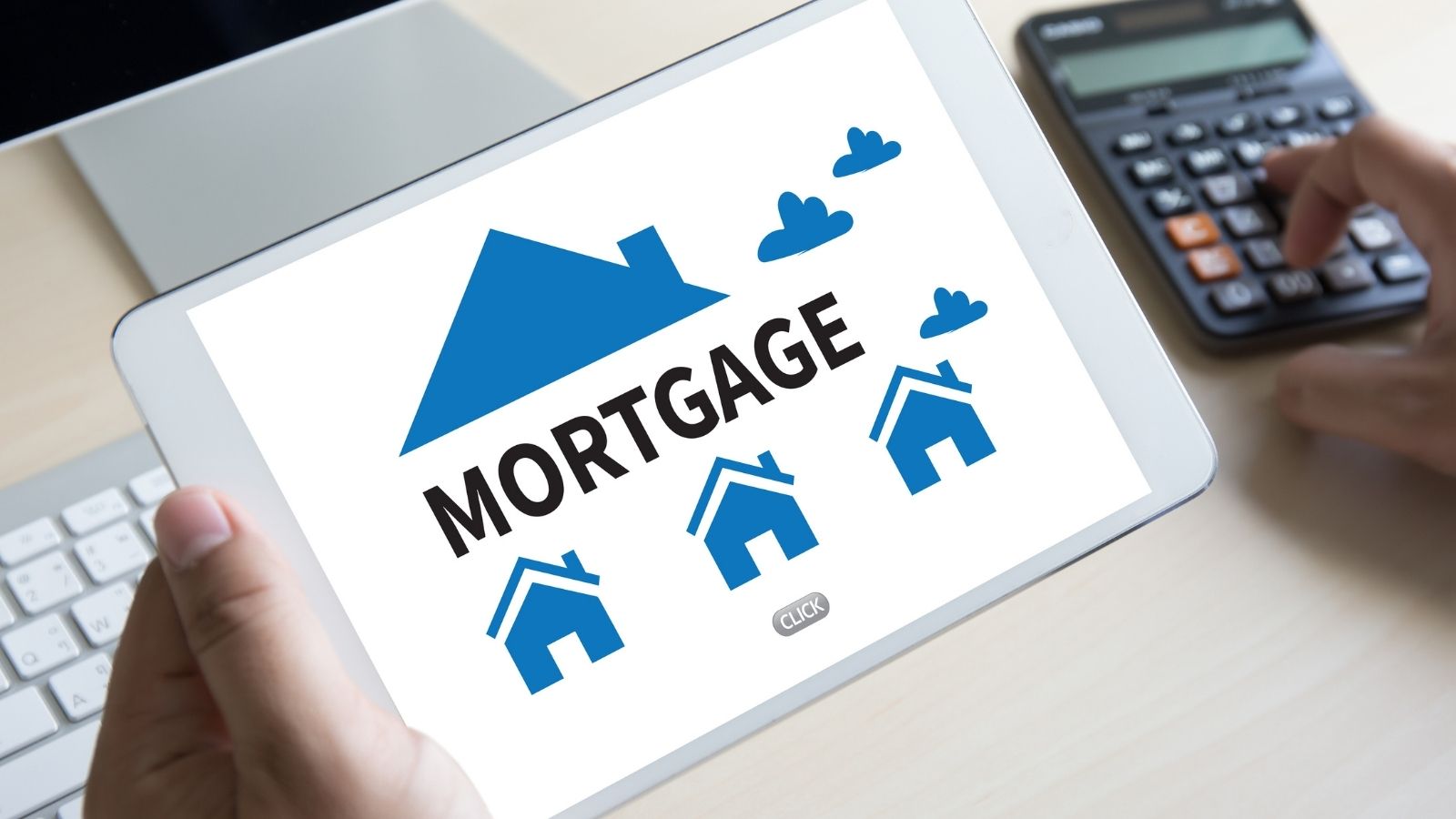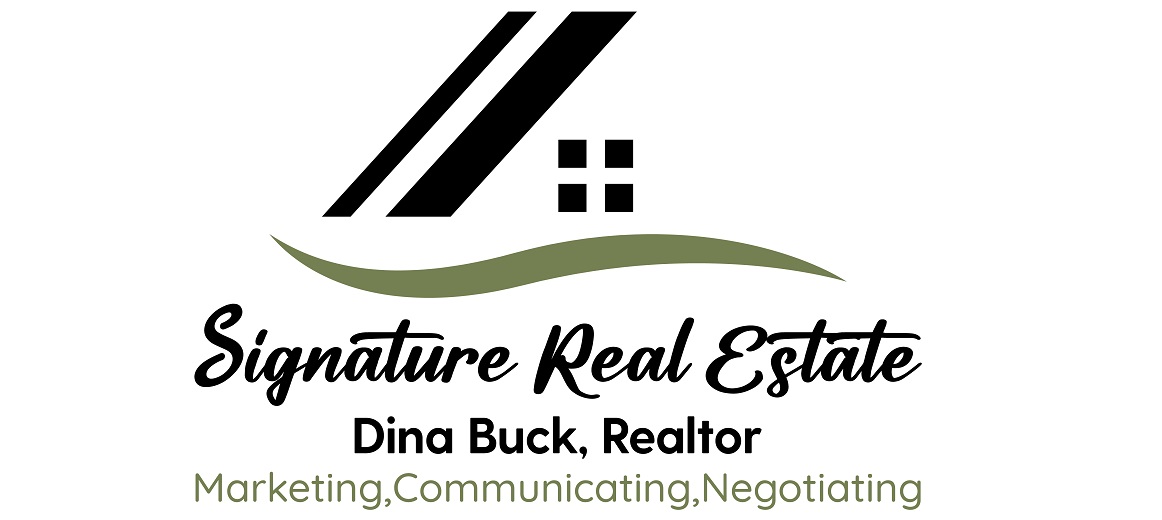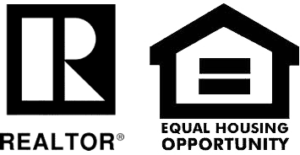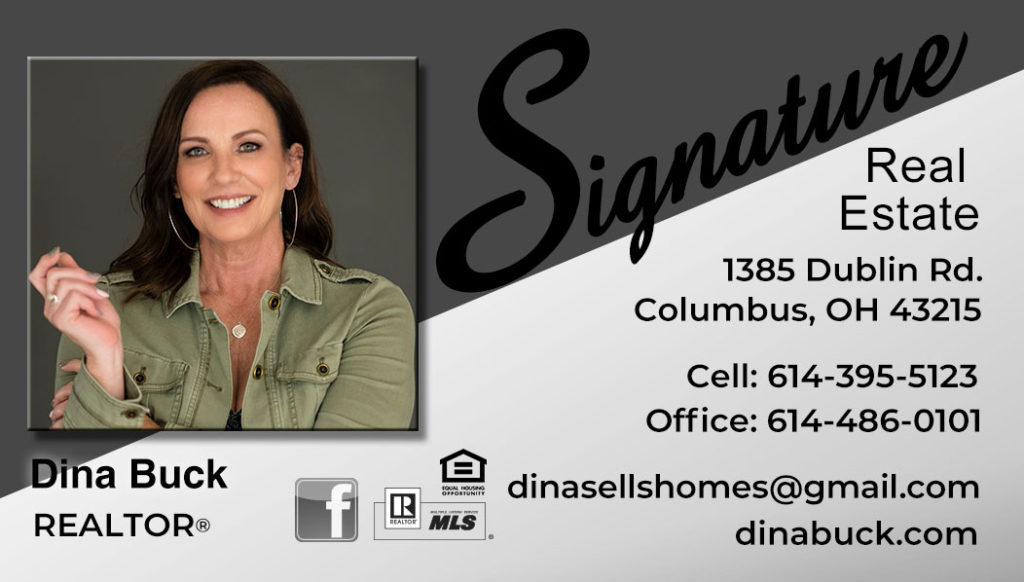Financing real estate can be tricky. You need a home mortgage loan, but those can be expensive and difficult to qualify for. Understanding how mortgages work could help you save substantial amounts of money in the long run.
Here are the basics of a home mortgage.
Four Types of Mortgages
Conventional: Conventional loans are the most popular type of home mortgage loan. A conventional loan is for people with ample savings and healthy credit aiming to buy residential real estate. A bank or broker takes the risk, based on your credit and financials, that you’ll be timely with your payments.
FHA Loan: An FHA loan is a home mortgage loan that is backed by the Federal Housing Administration. This means that if you default on your home loan, the FHA pays the bank a portion of what you owe. An FHA loan exists to help people with a lower down payment and more relaxed credit requirements, but they also require more during appraisal and inspection.
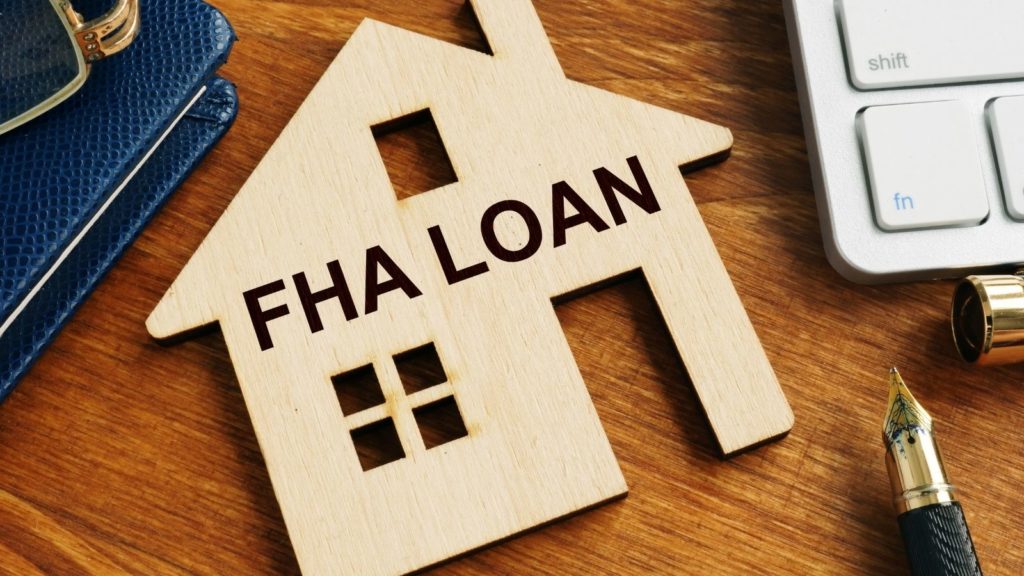
VA Loan: A home loan insured through the Department of Veterans Affairs is for active and retired military members and their spouses. A VA loan can completely eliminate the down payment and eliminates the need for mortgage insurance.
USDA: The USDA, which stands for the United States Department of Agriculture, backs loans for people who are purchasing rural properties. This type of loan can lower or completely do away with the down payment and can also reduce rates for mortgage insurance, in addition to other benefits.
Your Credit and Debt-to-Income Ratio
The bank needs to know that you manage your money and credit well. For this reason, they’ll run your credit and verify your employment when you apply, and then they’ll do it again on closing day. Because they run your credit on closing day, you have to avoid making any significant purchases, finance anything major, or make substantial cash withdrawals. If the lender sees a drastic difference in activity between when you apply and closing, they can withdraw their offer, even on closing day.
You need your credit score to be around 620 or higher to get approved for a home mortgage loan. You’ll also need a debt-to-income ratio (DTI) of 36 percent or lower. You can improve both of these numbers by reducing your debt and paying down credit and loan accounts to extremely low balances.
If you have the cash for your down payment but you lack in credit or DTI, you may be able to use a co-signer, which is a person with good credit who is willing to agree to pay your house payment if you default.
Be prepared with paperwork such as tax documents, bank and credit card statements, loan papers, student loan documents, and proof of any assets or debts you have. Have this paperwork ready before you apply for your loan, so you don’t stall the process.
The Money You’ll Need
For a conventional loan, the standard down payment is twenty percent. If you’re buying a $200,000 home, that comes out to $40,000 cash.
You’ll pay an EMD, an earnest money deposit, of 1-3 percent when you submit your offer to the seller. Estimating at two percent, your EMD would be $4,000 out-of-pocket.

Closing costs cover things like the inspection, appraisal, title check, and transfer, lender fees, escrow agent fees, and more. Collectively, they amount to between two and eight percent of the sales price of the home. You pay closing costs out-of-pocket on closing costs. On a $200,000 property, figuring at five percent, closing costs are $10,000.
To buy a $200,000 home, you’re looking at about $54,000, give or take a few grand.
It is possible that some lenders are willing to let you roll your closing costs into the mortgage loan, which is great for the moment but certainly adds up over extra interest for the life of the loan, which you can set at either 15 or 30 years, 30 being the more common duration.
Fixed or Variable Rate
A fixed interest rate is one that doesn’t fluctuate throughout the life of the loan. The caveat is that it’s a relatively high rate in comparison to the variable rate.
A variable rate is one that starts out attractively low but then escalates over time. You could be paying a much higher payment toward the end of your loan than you did at the beginning.
Points or Pre-Paid Interest
You can buy points, which is essentially the same as pre-paying interest, at closing. Buying points reduces the amount of your monthly mortgage payments.
One point equals one percent of the home’s value, so on a $200,000 house, a point would be $2,000.
Compare Lenders
Lenders determine closing costs, which greatly determine how much you’re paying overall for your new house. If you interview three lenders, you can compare their closing costs side-by-side.

You’ll see that one lender may charge $400 for an appraisal, whereas another charges $500. Tally up those little differences because they can add up, and they may give you bargaining power.
Take your three estimates to the lender you prefer and see if they’d be willing to negotiate some of their fees.
Get Pre-Approved
You want to complete the application process and get approved for your home mortgage loan before you hunt for houses.
Pre-approval sets your budget, saves time, and lets the seller know that you are ready to move.
Conclusion
Before applying for your home mortgage loan, know which type of loan is appropriate for you. Save enough money for your down payment, earnest money deposit, and your closing costs. Make sure your credit score and DTI are able to withstand scrutiny.
Determine if you want a 15 or 30-year loan and if you want a fixed or variable rate. Then, compare three lenders, so you know which rates and terms are best for you. Your real estate agent can help you understand more about a home mortgage loan and will likely have a lender they can recommend to get you started.
Have Questions? Ask Dina!
Give Dina Buck a call today at 614-395-5123 to learn more about local areas, discuss selling a house, or tour available homes for sale.
